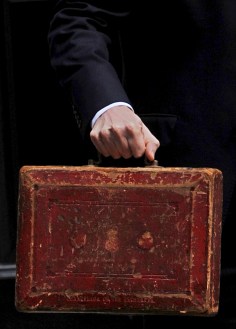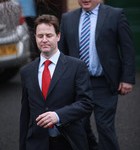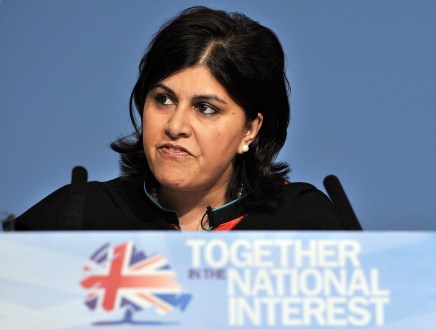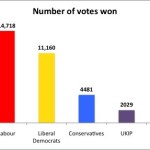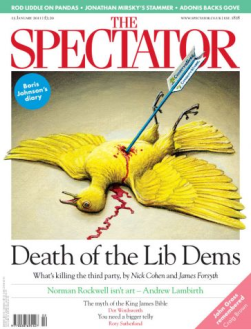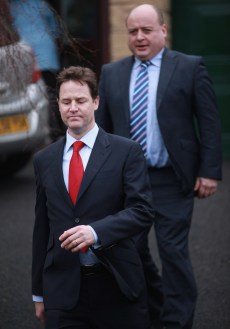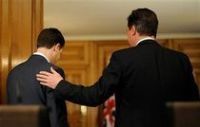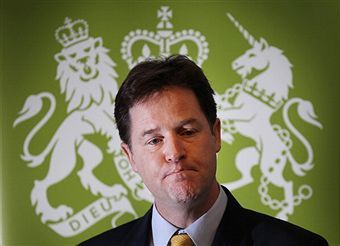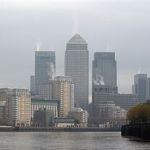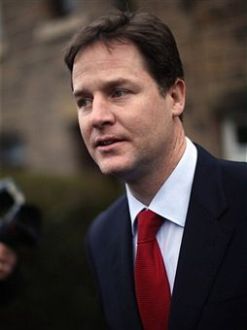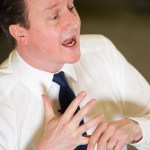The return of Chilcot
The Chilcot Inquiry is back, and with bang not a whimper. In his opening statement, Sir John said: ‘There is one area where, I am sorry to say, it has not been possible to reach agreement with the government. The papers we hold include the notes which Prime Minister Blair sent to President Bush and the records of their discussions. The Inquiry recognises the privileged nature of those exchanges but, exceptionally, we sought disclosure of key extracts which illuminate Prime Minister Blair’s positions at critical points. The Cabinet Office did not agree this disclosure. On 10 December last year, in accordance with the Protocol, I asked the Cabinet Secretary to




